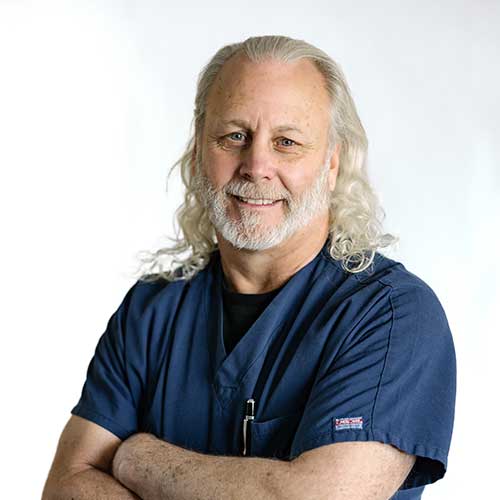
With three general surgeons, Wyoming Surgical Associates offers general surgery services driven by precision, safety, and continued innovation. Whether it’s a routine surgery or complex procedure, you can trust our surgeons to operate with a high standard of care, backed by years of experience.
General Surgery Services
- Breast: Surgery for benign (non-cancerous) and malignancy (cancerous) lesions
- Hernia Repair: Laparoscopic (minimally invasive) and open surgery for inguinal, incisional, ventral and other types of abdominal wall hernias
- Gall Bladder: Laparoscopic and open surgery to removal infected or poorly functioning gallbladders
- Endocrine: Surgery to remove thyroid, parathyroid, or adrenal glands for benign and malignant conditions
- Gastrointestinal cancers: Laparoscopic, robotic and open surgery for cancers of the stomach, liver, pancreas, small intestine, large intestine, rectum and anus
- Other gastrointestinal conditions: Laparoscopic, robotic and open surgery for benign conditions like reflux, diverticulitis
- Endoscopic procedures: Upper endoscopy (EGD) and lower endoscopy (colonoscopy)
- Spleen: Laparoscopic and open surgery for a variety of blood disorders and other conditions
- Skin and soft tissues lesions: Office-based or surgical removal of skin cancers or other growths
- Port placement: Placement of port for a variety of cancer or non-cancerous conditions
- Trauma and acute care surgery: Surgical management of all traumatic conditions and surgical emergencies. One surgeon for our group is always on call and available for emergencies at Wyoming Medical Center including patient transfers from around the state
- Thoracic surgery: Minimally invasive or open surgery for lung and chest wall diseases
A general surgeon is a specialist who is trained to diagnose, treat, and manage patients with a broad spectrum of surgical conditions affecting almost any area of the body. The surgeon establishes the diagnosis and provides the preoperative, operative, and postoperative care to patients and is often responsible for the comprehensive management of the trauma victim and the critically ill patient. The general surgeon has the knowledge and technical skills to manage conditions that relate to the head and neck, breast, skin and soft tissues, abdomen, extremities, and the gastrointestinal, vascular, and endocrine systems.
All of our General Surgeons are Board Certified. This means our surgeons hold certifications by a surgical board that is approved by the American Board of Medical Specialties. When you choose a surgeon who is properly certified in a surgical specialty, you are assured that he or she has completed years of residency training in his or her specialty, passed challenging exams, and has demonstrated knowledge and competence by successfully completing a rigorous examination.
Smoking increases your risk of problems during and after your operation, including, but not limited to, infection, wound problems, and breathing problems. Quitting 4–6 weeks before your operation and staying smoke-free 4 weeks after it can decrease your rate of wound complications by 50%. Quitting permanently can add years to your life. Find additional information about how smoking affects surgery and recovery.
Our physicians follow strict board recommendation for post operative pain management. The best way to manage pain is to take prescribed medications as instructed, which is usually a combination of narcotic and non-narcotic pain medication. Do not hold off on medications and allow pain to become unmanageable. Move, move, move! Get up and move at least every hour and drink plenty of fluids. Narcotic pain medication causes constipation. You should start taking a stool softener one to two days prior to surgery to try to prevent constipation. Click here for more tips on pain control.
Our staff will make sure you fully understand what restrictions to follow after surgery. It is important that you do not drive or operate heavy machinery while taking narcotic pain medication. Every patient is different, and every surgery is different, so it’s hard to say when you will be able to resume normal activity. If you have questions after surgery, we encourage you to call our office and speak with your doctor’s nurse.
Resources & Educational Links







